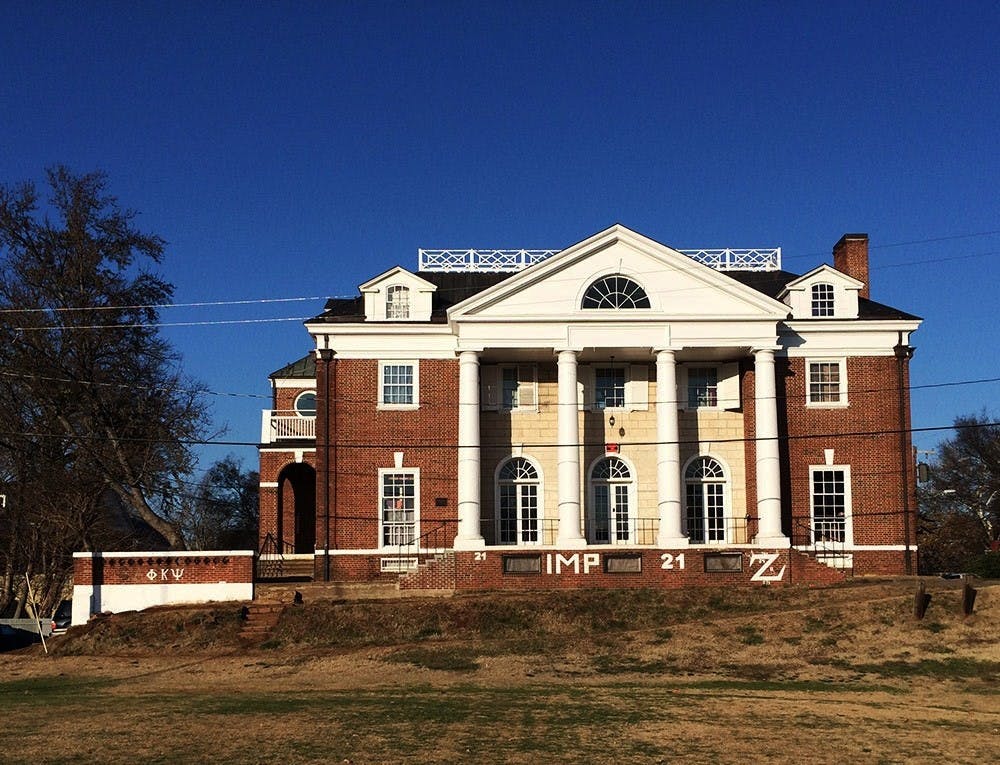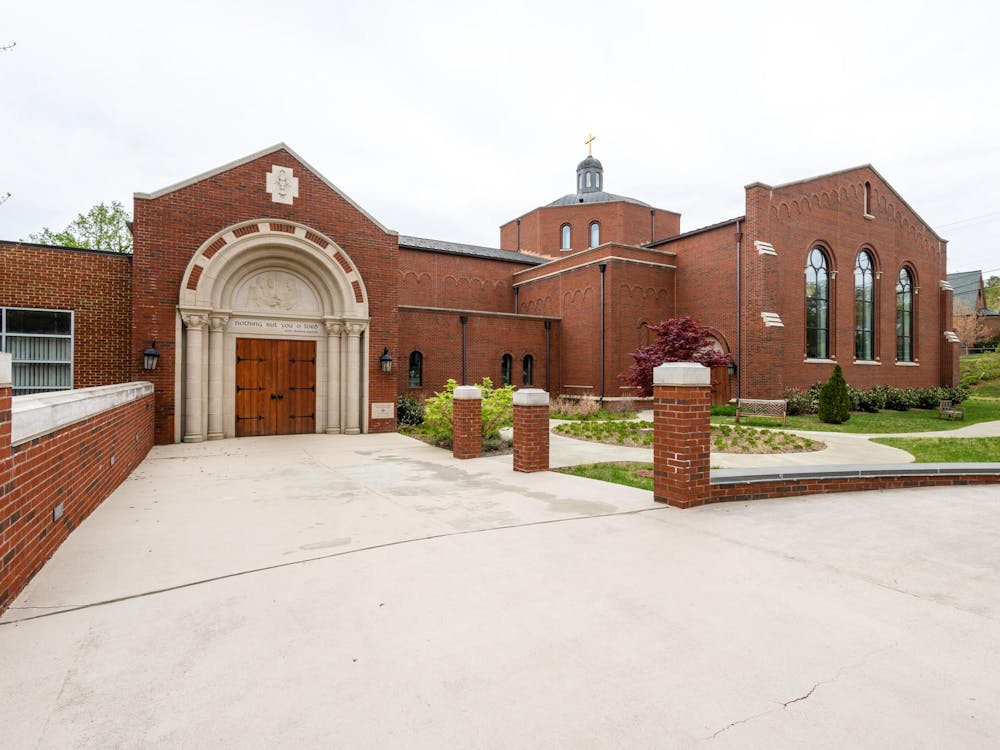Charlottesville Circuit Court Judge Richard Moore denied Rolling Stone Magazine’s attorneys’ attempt to strike down the Virginia Alpha chapter of Phi Kappa Psi’s $25 million lawsuit against Rolling Stone, Sabrina Erdely, Wenner Media and Straight Arrow Publishers Aug. 31.
The defendants filed a demurrer, also known as an objection that questions the legal sufficiency of a pleading, to the fraternity’s lawsuit last March. Both parties met in court last May and submitted letters of further argument to Moore in June, according to court documents.
Attorneys for Rolling Stone argued the plaintiff cannot proceed because its complaints were based on opinions rather than factual statement and that the article was not about the University’s chapter of Phi Kappa Psi.
“The article complained of is not ‘of and concerning’ Phi Kappa Psi at U.Va.,” the demurrer read. “The article is not defamatory.”
In his letter to attorneys of both parties involved, Moore outlined faults with Rolling Stone’s demurrer. He struck down Rolling Stone’s claim that the article was not about the University’s chapter of Phi Kappa Psi by referencing the “numerous repeated, direct, explicit references to Phi Kappa Psi,” as well as several implied and indirect references to the fraternity.
“The article’s intent and focus was not just the individual assailants, or fraternities in general, or all fraternities at U.Va., or the University itself, but rather this fraternity in particular,” Moore said in court documents.
Moore also refuted Rolling Stone’s argument claiming the article was not defamatory towards Phi Kappa Psi.
“The repeated references to ‘gang rape,’ in conjunction with the fraternity, along with specific behaviors, acts and statements described or repeated, are clearly capable of and susceptible to defamatory meaning,” Moore said.
Moore’s final point asserted the statements Phi Kappa Psi complained about were factual. Although many of the statements included in the original article have either been refuted or are improbable to prove, the nature of the assertions is factual, Moore said.
“Such statements are factual assertions and are capable of being proved true or false — they either happened or they did not,” Moore said. “Thus, they are factual statements and not a matter of opinion.”
Phi Kappa Psi’s attorneys will prepare the order in accordance with the demurrer’s dismissal, according to court documents. Rolling Stone’s attorneys will also prepare an answer, or a written response, to all of Phi Kappa Psi’s allegations.
In addition, the trial for a separate lawsuit that Nicole Eramo, former dean and current executive director of assessment and planning, filed against Rolling Stone was pushed back six days. Originally scheduled for Oct. 11, the trial will now occur on Oct. 17 due to Erdely’s observance of Yom Kippur.
“The trial was pushed back a week to accommodate Sabrina Rubin Erdely’s observance of a Jewish holiday. That is all,” Eramo attorney Libby Locke said in an email statement.
Eramo filed the $7.5 million federal defamation lawsuit following Rolling Stone’s now retracted “A Rape on Campus” article, in which Eramo says Erdely painted her as a villain.
Phi Kappa Psi’s attorney declined to comment and Rolling Stone’s attorneys did not respond to a request to comment for this article.







